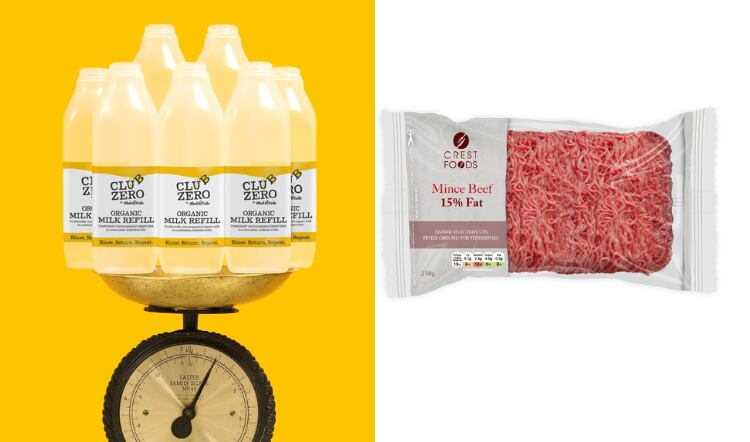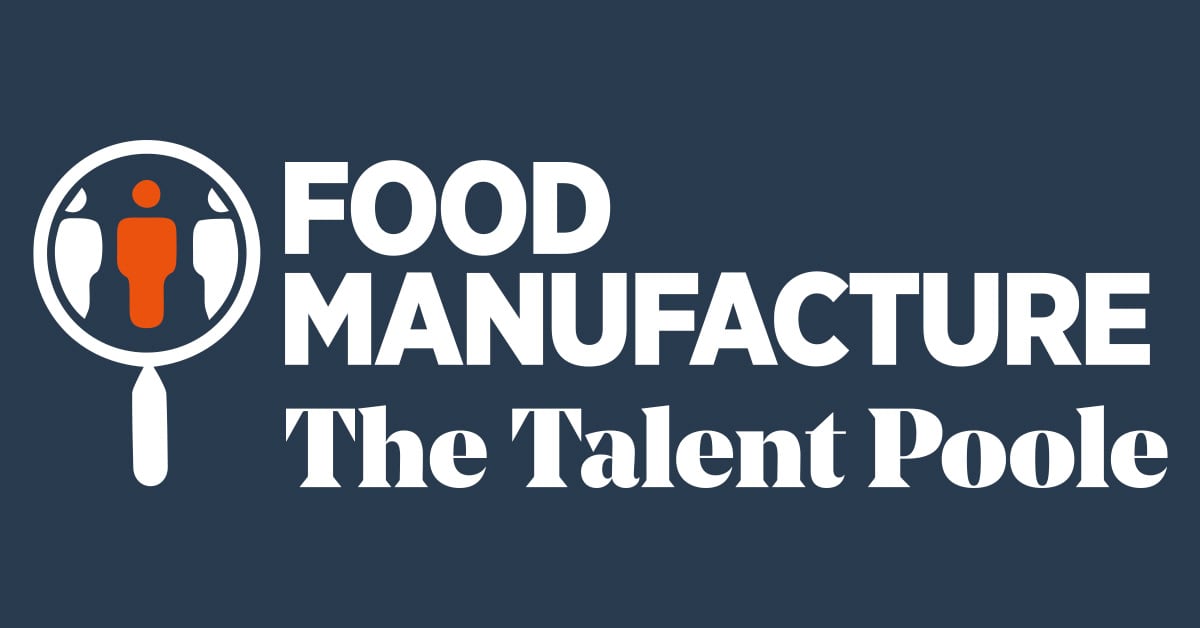The food manufacturing industry is currently in a state of flux, with expectations of significant regulatory changes in the wake of a new Labour Government.
We expected to see substantial updates and changes since Brexit, but the pace has been slower than expected. Despite this, there is still a considerable amount of discussion around inevitable changes, particularly concerning food labelling and safety.
One key area of focus that has continued throughout the change of political parties is allergen labelling; and at Knights, we are working closely with lots of businesses to rewrite their allergen policies.
While Natasha’s Law came into effect in 2021, which mandated allergen information is displayed on pre-packaged foods for direct sale, it’s still an area which many manufacturers aren’t updating to the best of their abilities.
The Food Standards Agency (FSA) has been closely monitoring this, especially as the number of global food recalls related to allergen labelling errors remains significant. Errors in allergen labelling accounted for a staggering 23% of recorded recalls in the first half of 2024, which is alarming given the direct-to-consumer nature of so many food products.
Anticipated changes and enforcement
More allergen labelling
Looking ahead, I believe businesses should brace for increased enforcement. The FSA is purporting to launch updated guidance for businesses on precautionary allergen labelling. This welcomed guidance aims to ensure clarity and transparency across the entire supply chain, from production to the consumer.
However, along with this support, there will be inevitably stricter enforcement. At some point, we expect the FSA to put their foot down and enforce these regulations now that the appropriate tools and time has been given to get this right.
I see this as a pivotal moment for businesses, particularly those still recovering to confidence levels pre-Brexit and pre-COVID-19. The food and drink sector has shown resilience, but as I often warn my clients, the Government and local authorities will need to make money, and enforcement will be one way to approach that.
Consumer health and advanced labelling
Another critical area under scrutiny is the labelling of high in fat, salt, and sugar (HFSS) foods. Regulations around HFSS foods, initially expected to be in place by October 2023, have been delayed until 2025 due to ongoing Brexit-related adjustments. However, businesses should not be complacent. The regulation of HFSS foods is poised to impact the way these products are promoted, particularly in relation to advertising and consumer safety.
Authenticity in branding
We’re seeing a shift from just regulating the food itself to also considering the advertising and the broader messaging around these products. This shift is in response to growing consumer demand for healthier options and greater transparency. Consumers are leading the change – they want to be healthier and their food to reflect that.
I cannot stress enough the importance of authenticity in branding and labelling. Ensuring that all claims made on product labels are accurate and substantiated is crucial. It’s not just about what’s in the product, but also about the claims manufacturers are making. If a product says it can help with weight loss, it needs to be backed up by evidence.
This emphasis on authenticity extends to the origins of the products as well. There is growing scrutiny over claims about sourcing and production methods. Misrepresenting the origin of ingredients is not just misleading; it can also be a criminal offence.
A mountain of plastic to shrink
Manufacturers must think creatively and responsibly about their use of plastics, especially as regulations around plastic reduction continue to tighten. While consumers see initiatives like reduced plastic use in supermarkets, the behind-the-scenes reality for businesses can be more complex. The reduction in plastics is a major challenge, especially in terms of packaging and transporting goods from A to B.
This issue is part of a broader push towards environmental sustainability within the food industry. Speaking with businesses, they are increasingly expected to take responsibility for their environmental impact, not just in terms of plastic use but also in other areas like recycling and reducing waste.
The FSA and public health bodies are looking closely at how businesses are managing their environmental responsibilities, and this is an area where we can expect to see more enforcement.
Futureproof your packaging
For businesses in the food industry, the message is clear: prepare now for the changes that are coming. Whether it’s ensuring compliance with allergen labelling, adapting to new regulations around HFSS foods, or tackling the challenges of plastic reduction, the key is to stay ahead of the curve.
My advice is to take a proactive approach. Make sure your labelling is accurate, your claims are substantiated, and your practices are environmentally responsible. This isn’t just about compliance; it’s about building trust with your consumers.
As the regulatory landscape continues to evolve, those businesses that prioritise authenticity, transparency and consumer health will be best positioned to thrive. It’s going to be a tricky time, but with the right approach, businesses can navigate these changes successfully.
We advise seeking the advice of a regulatory and licensing lawyer who specialises in food manufacturing to ensure the most efficient decisions are made to meet the guidelines for revised labelling.
In other news, SME food and drink manufacturers in the UK are seeing the same downward trend. Click here to find out more.




